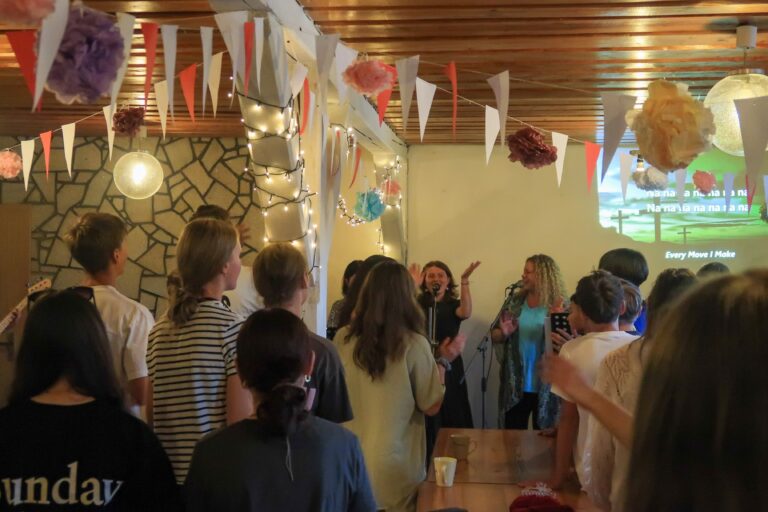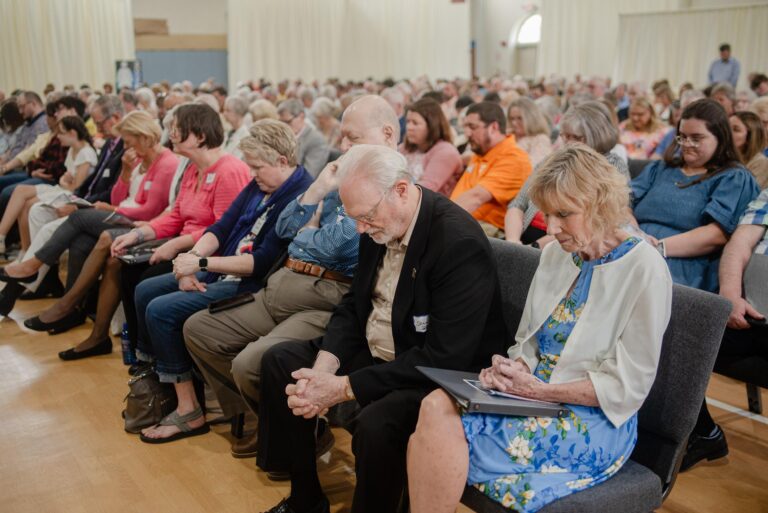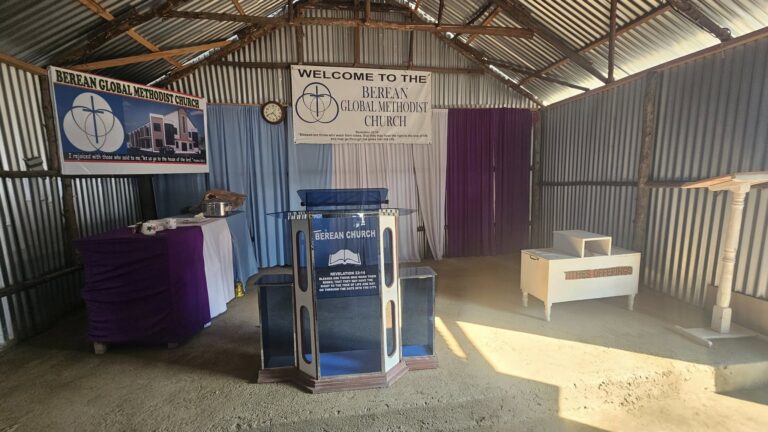In her book, Send Me Where No One Wants to Go, missionary Carole Ward recounts a powerful story. While working as a nurse, she would kneel at each patient’s bedside, praying for their healing. Her supervisor told her to stop. Carole, unwavering in her faith, responded, “I cannot stop because prayer is the most important thing I can do for my patients.” Seeing her devotion, the supervisor simply told her, “Just make sure you close the door when you pray.”
This story reflects the tension between faith and work that many Christians experience today. In our country, faith is often seen as separate from daily life—especially in places like the workplace, schools, and public spaces. For centuries, religious and secular leaders alike have debated how faith should intersect with the world around us. But this struggle is not new. Even Jesus faced resistance when he broke societal and religious norms to bring healing and restoration.
Jesus Heals on the Sabbath
In Luke 13:10-17, we see Jesus teaching in a synagogue on the Sabbath when a woman crippled for eighteen years appears. Instead of ignoring her suffering in favor of religious customs, Jesus calls her forward, lays hands on her, and heals her. Immediately, she stands up straight and praises God.
However, the synagogue leaders were indignant. To them, healing was “work”—something that should not be done on the Sabbath. Jesus, seeing their hypocrisy, rebukes them:
“You hypocrites! Doesn’t each of you on the Sabbath untie your ox or donkey and lead it to water? Then should not this woman, a daughter of Abraham, whom Satan has kept bound for eighteen long years, be set free on the Sabbath day?” (Luke 13:15-16)
With these words, Jesus shattered the false divide between faith and action, sacred and secular. The synagogue leaders were more concerned with rules than with the well-being of a suffering woman. But Jesus showed that abiding in God means living out faith in every moment, not just during religious rituals.
What It Means to Abide
To abide means to remain connected. Just as a flower abides in the soil to grow, we must remain in Jesus to bear spiritual fruit. In John 15, Jesus says, “I am the vine; you are the branches. If you remain in me and I in you, you will bear much fruit; apart from me you can do nothing.” (John 15:5)
Abiding in Jesus is not a checklist of religious tasks—it is a way of life. It means staying connected to Him at work, at home, at school, and even in the most mundane tasks. It means integrating faith into every aspect of our lives, not just in Sunday worship but in the way we speak, serve, and love.
Living a Sacramental Life
Jesus’ life teaches us that everything—our work, our relationships, our daily routines—can be sacred when we live with Him at the center.
- Jesus affirms our faith practices – He worshiped in synagogues, prayed, and taught the Word of God. These spiritual disciplines are sacred.
- Jesus affirms our daily activities – He lived in a family, attended weddings, and shared meals. Our everyday lives are sacred.
- Jesus affirms our work – Before His ministry, He was a carpenter. Through His labor, He showed that our work is sacred.
- Jesus affirms our relationships – He spoke with friends, strangers, and even enemies. Our conversations and connections are sacred.
Nothing in our lives is outside of God’s presence. When we abide in Jesus, we recognize that faith is not just something we do—it is who we are.
The Role of Fasting in Abiding
One spiritual practice that helps us abide in Jesus is fasting. Fasting is a way of prioritizing our spiritual life over physical desires, deepening our reliance on God. Throughout Scripture, we see fasting used for repentance, seeking guidance, preparing for ministry, and interceding for others. Jesus Himself fasted, modeling its importance.
“When you fast, do not look somber as the hypocrites do… But when you fast, put oil on your head and wash your face, so that it will not be obvious to others that you are fasting, but only to your Father, who is unseen.” (Matthew 6:16-18)
Fasting is not just about giving something up—it is about making room for more of God. It strengthens self-control, reveals hidden struggles, and aligns our hearts with His.
Bringing It All Together
The leaders in the synagogue wanted to keep faith confined to certain days and practices. But Jesus shattered that notion, showing that faith is meant to be lived out every day, in every moment.
To abide in Jesus is to live a sacramental life—one where faith and daily life are seamlessly intertwined. It means praying in the workplace like Carole Ward, healing on the Sabbath like Jesus, and fasting to draw closer to God. It means recognizing that every moment, every conversation, and every task is an opportunity to reflect Christ.
So, how do we abide? By staying connected to Jesus through prayer, Scripture, service, fasting, and a life lived in His presence. Let us commit to a faith that doesn’t just reside in the sanctuary but overflows into our homes, workplaces, and communities.
Faith is not just something we practice—it is the way we live. Let’s abide in Him.










